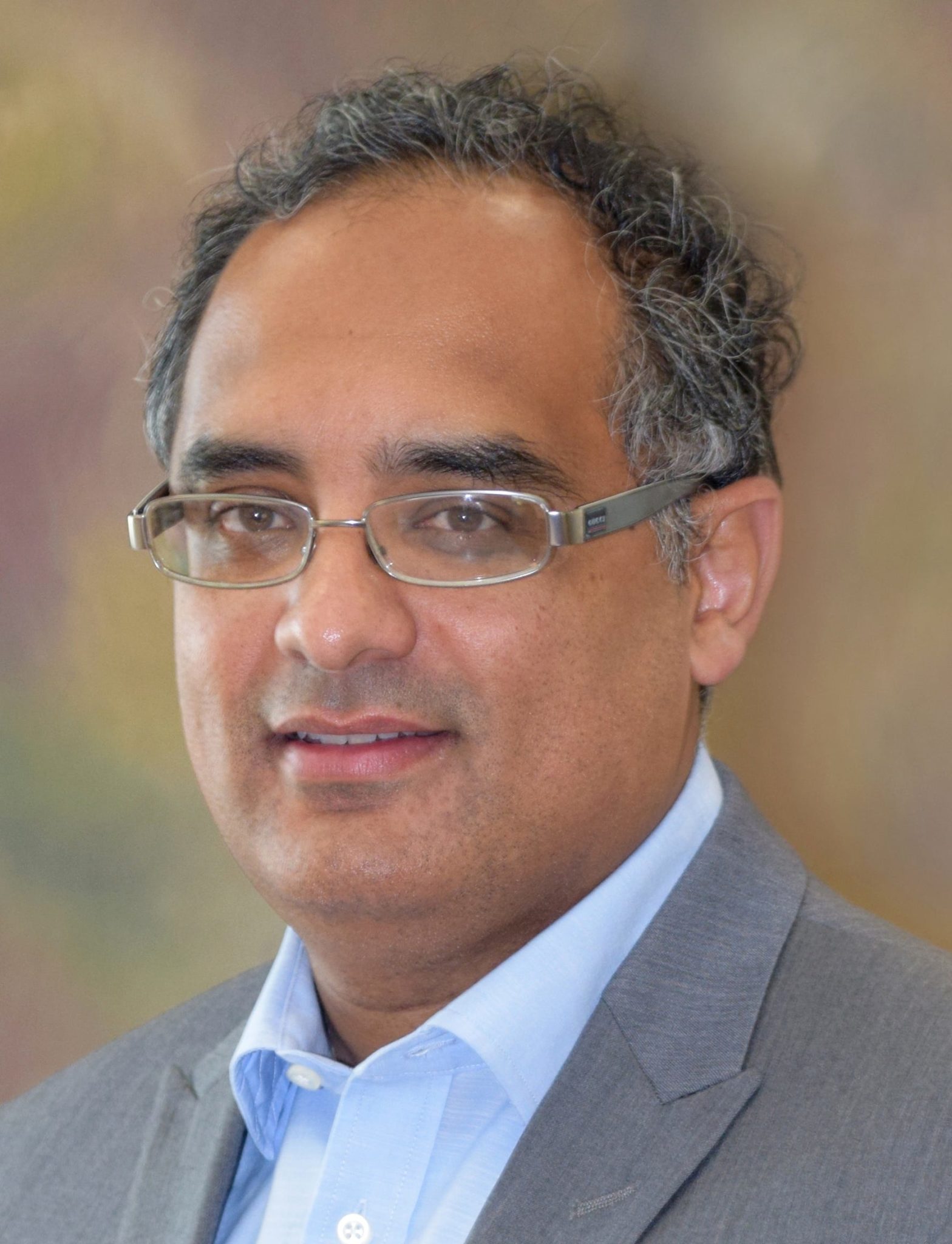
PENSACOLA — With summer vacations in full swing and endless outdoor activities, it’s easy to remember to protect yourself from the sun thanks to decades of sun-safety awareness by the American Cancer Society and public health organizations. Yet, skin cancer continues to be the most common cancer in the United States—more than all other cancers combined.
Dr. Rahul Chavan, a dermatologist at Sacred Heart Hospital in Pensacola who has advanced training in Mohs surgery, said there are other facts that you should keep in mind about this deadly disease. Sacred Heart is a part of Ascension, the nation’s largest, nonprofit health system.
- Sun and ultraviolet light exposure can raise skin cancer risk even without causing sunburn. If you work outdoors or live in a high-altitude climate, your exposure to UV rays is much higher and puts you at greater risk for skin cancer.
- There are many different types of skin cancer. The three most common are: basal cell skin cancers, squamous cell skin cancers, and melanomas. It’s important for doctors to tell the types of skin cancer apart, because they are treated differently. It’s also important for you to know what skin cancers look like. This can help you find them at the earliest possible stage, when they are easier to treat and most likely to be cured.
- Apply sunscreen daily, regardless of clouds or cooler temperatures. Unprotected skin can be damaged by the sun’s UV rays in as little as 15 minutes. Even if it’s cool and cloudy, you still need protection. UV rays, not the temperature, do the damage.
- Skin cancer can affect anyone, regardless of skin color. Even if you have a darker complexion, are Latino or African-American, you’re still at risk for skin cancer. People with darker colored skin are prone to skin cancer in areas that aren’t commonly exposed to the sun – like the palms of the hands, soles of the feet, the groin, under their nails, and inside of their mouth – and it’s often diagnosed in later stages when it’s more difficult to treat.
You are your best advocate for skin cancer prevention. Remember to protect yourself daily from UV rays and conduct regular skin self-exams. If you spot anything irregular—including changes in size, shape or color of mole or other skin lesion, make an appointment with a dermatologist.
For more information about skin cancer or to schedule an appointment with Dr. Chavan, call 850-416-1345.

This article originally appeared on Santa Rosa Press Gazette: 4 little-known facts about skin cancer
